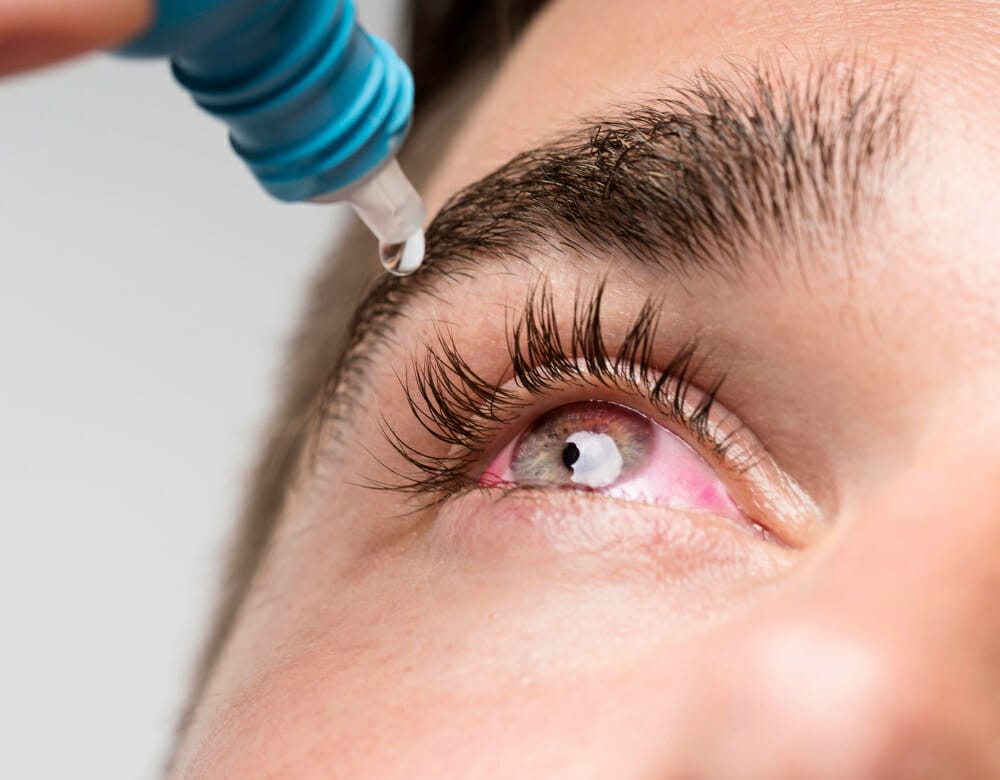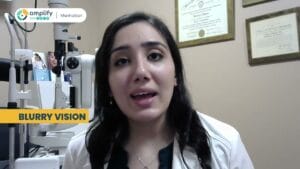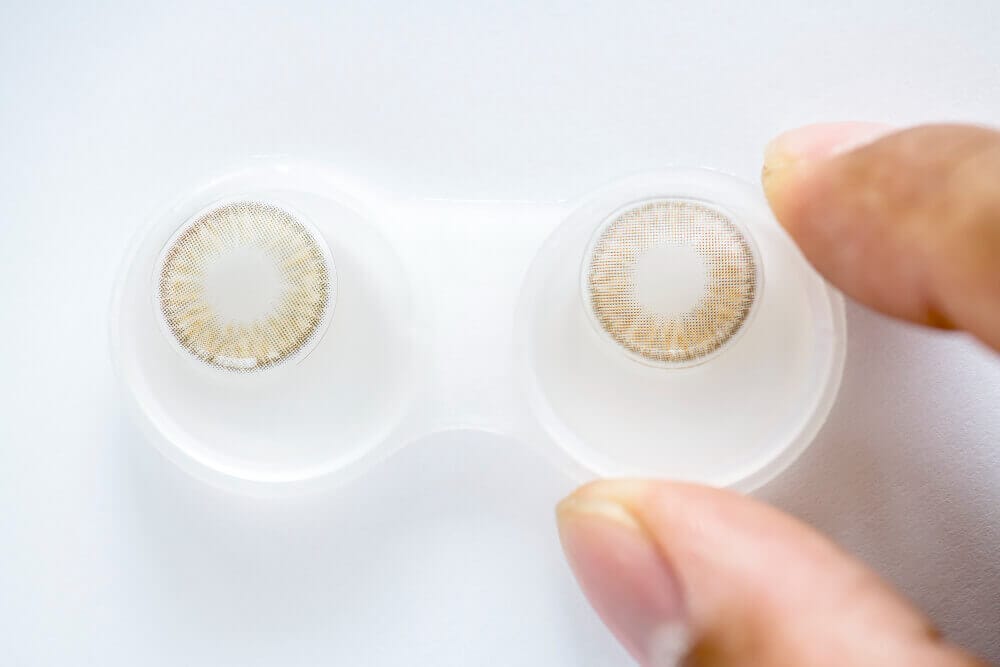Situations in Which You’d Wear Contact Lenses After LASIK
Between ten and twenty-five percent of patients wear contacts after LASIK according to their doctor’s recommendation.
In the vast majority of cases, LASIK surgery is successful at correcting refractive errors well enough that additional vision correction is not required, with the patients ending up with 20/40 or 20/20 vision. Thanks to this, the vast majority of patients will not need additional correction from things like contact lenses or glasses after the surgery.
LASIK and other refractive surgeries are not perfect, however, and there are a few situations in which you might wear contact lenses following the procedure.
Other Vision Changes
One of the most common misunderstandings of LASIK is that you will never need to wear glasses or contact lenses again. The truth is that most patients will eventually require reading glasses or contact lenses for presbyopia as they age, even if they did LASIK. This is because while LASIK corrects the primary refractive error (nearsightedness, farsightedness, astigmatism), it does not correct for the future changes in your eye. Virtually everyone will start to experience a weakening of the eye called presbyopia, which starts around the age of 40. While the LASIK procedure does its job, new vision changes may arise which require contact lenses to correct them. When a patient experiences presbyopia due to age, they will require vision correction even if they had LASIK in the past. (In these cases, there is often a greater amount of time between the LASIK procedure and the need for contact lenses).
Post-Surgery Irregularities
LASIK and similar surgeries like PRK, LASEK, and SMILE, correct vision through the reshaping of the cornea, by removing microscopic amounts of the cornea tissue. Normally, this results in clear vision. Occasionally, however, the procedure may lead to irregularities in the shape of the cornea and unclear vision.
In many cases, irregularities like this are corrected with a follow-up procedure called an enhancement. However, if the cornea is too thin for an additional surgery, or something else makes an enhancement procedure impossible, contact lenses (gas-permeable, scleral lenses, or hybrid lenses) may be recommended.
“Therapeutic” or “Bandage” Contacts
While not so common today due to new, less invasive types of refractive surgery, some refractive surgeries did require the patient to wear a protective therapeutic contact lens to protect the eye for a few days after the procedure. If your surgeon has a concern about healing your corneal flap, however, they may recommend you wear a therapeutic contact lens (TCL) for a day or two following the operation.
Supplementing Surgical Correction
For patients who had a very high refractive error prior to LASIK, the procedure might not have been enough to correct it. These patients, therefore, may need contact lenses to supplement the surgery.
Cosmetic Reasons
Colored contacts worn for cosmetic reasons (for things like costuming, for example) are more popular than ever, and one may wish to continue wearing their colored contacts following LASIK or another refractive procedure.


















